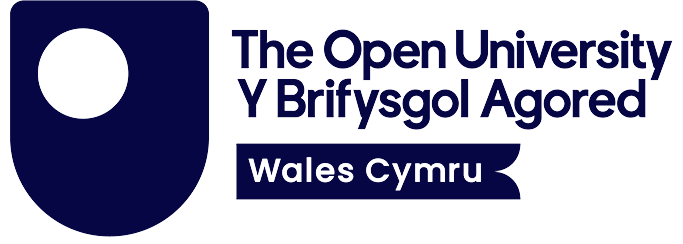I am Lille, a final year physics master’s student at Cardiff University. One and a half years ago, I attended my first training session to become a physics mentor. Since then I have worked across three schools, been interviewed by the BBC, and in September I will be going into a PGCE to become a secondary school physics teacher.
I found out about the Physics Mentoring Project through my degree and given that I already had an enthusiasm for physics outreach, it was a great opportunity to give teaching a go and give back to the community. From the training I began learning and thinking about how to design my own lessons and tackle some of the wider issues in physics education such as unconscious biases. In fact, I spoke to BBC Radio Wales about STEM perception as part of a series of BBC interviews.
One of the best things about the project was gaining a network of people with different backgrounds to talk to about teaching and mentoring. Having other mentors to share experiences with helped to make everything less daunting and being able to bounce ideas off project staff meant that I could put a lot of what excited me into sessions in a way that would be accessible and engaging for the mentees. Having access to science teachers in school was also a great chance to talk to them about teaching and get a better idea of what makes for good lessons as well as what the day to day of being a science teacher is really like. It was also great to see the mentees progress and get more confident session by session. As a rapport was built it became an interesting challenge to tie topics the mentees had shown an interest in into sessions and have often quite unexpected discussions with them.
Most importantly for me, all these experiences helped me to decide that I want to pursue teaching after finishing my master’s. I have since put everything I learnt into applying for a PGCE so that I can qualify as a teacher. I was offered a place at University of Cambridge for a Secondary Physics PGCE, moreover I have been awarded a scholarship from the Institute of Physics to fund my future studies. Both the PGCE and scholarship interview process required me to deliver mock lessons to suit similar age groups to those I had been mentoring which I could do confidently. I also had to reflect on my experience of topics like classroom management, gender inequality and tackling common misconceptions in physics, which I had had the chance to become familiar with and could talk about in detail.
Looking back at my time on the project, it has provided me with a whole host of new skills which have been invaluable to me and I am excited to continue building these up as I qualify to teach. I would also like to especially thank Rosie Mellors, who has been instrumental in the progress I have made and the enjoyment for the project that I have had.





